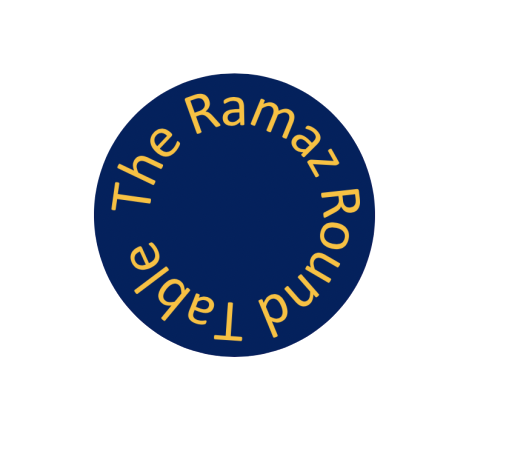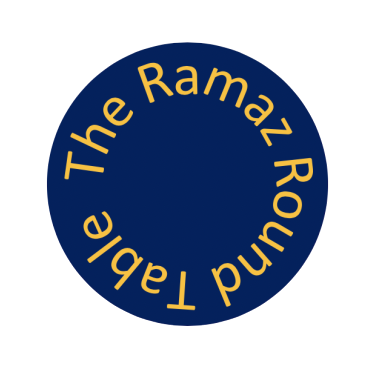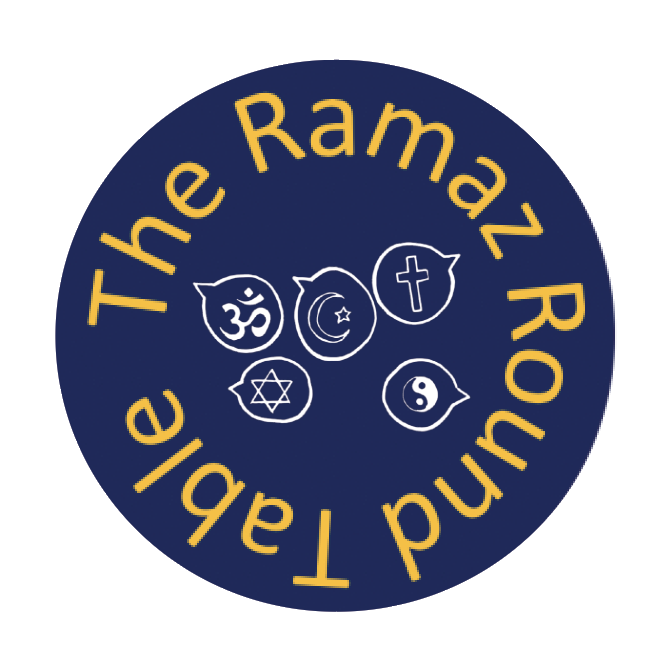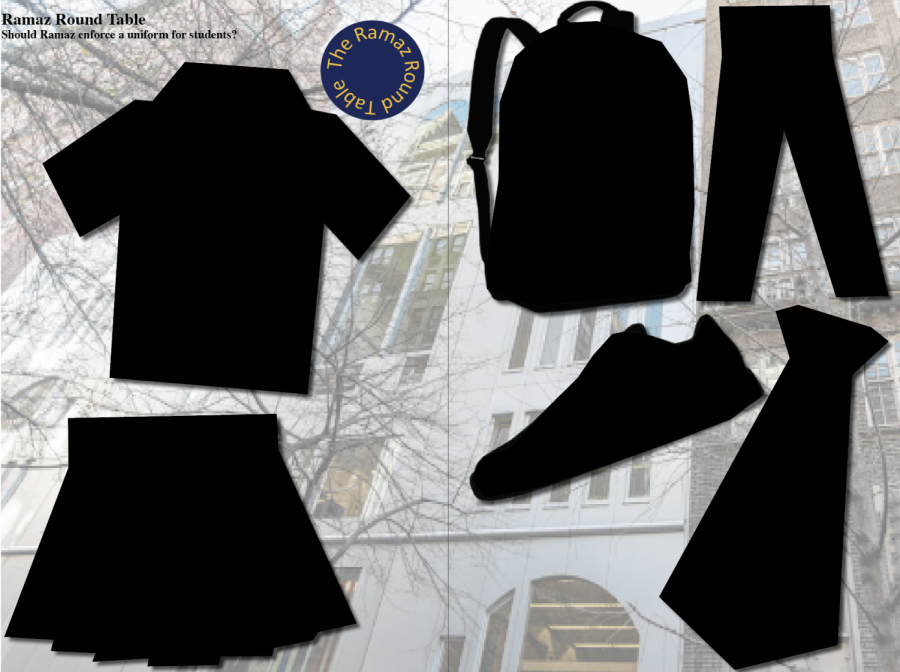
Noa Essner ’25
Summer reading assignments at Ramaz are often books that relate to what students read in class the year before. For example, I was assigned Madeline Miller’s Circe to read the summer before my sophomore year in connection to Homer’s The Odyssey, which my English class had read at the end of freshman year. My class spent a grand total of three days discussing Circe before writing an in-class essay about it and then moving on to the next book on the syllabus. The brevity of time spent discussing summer reading assignments is not conducive to learning either reading or analytical skills, which is why these assignments should focus on books that will make students more well-rounded and worldly. This aim is already manifest in several aspects of the Ramaz curriculum. For example, sophomores read Beowulf, which has remained a part of the Ramaz curriculum despite being a heavily esoteric text because it is a traditional, canonical text. Reading Beowulf, by default, makes students more well-read and knowledgeable of different literary genres.
Students go to Ramaz knowing that their four years there will shape them into individuals who can engage meaningfully with the world, whether in religious, secular, intellectual, or advocacy settings. This is why Ramaz is one of the only high school whose students are required to take music and art for three years, why it capitalizes on its location in Manhattan to extend learning beyond the physical classroom, and why it urges its students to attend rallies post-October 7th and to be vocal in their support for Israel. Similarly, when assigning summer reading, the English department should assign books that they feel are essential for students to read in order to be familiar with a wide array of authors and subjects, as is central to the Ramaz mission.
Sara Kleinhaus ’27
This summer, the sophomores were assigned “Things Fall Apart” by Chinua Achebe as the summer reading book. This book is about a man named Okwonko who lives in Nigeria as colonialism starts. Okonkwo is very dedicated to the traditions of his people, and is devastated by colonialism’s impacts on those traditions. Overall, I felt like Thing Fall Apart was not a great pick for summer reading. The book was very hard to get through, and was at times hard to understand and needed more historical context. It was hard to really enjoy the book without more historical context, and there were several chapters that were pointless in depth descriptions of their rituals which were very hard to get through. I think that summer reading should be something that is both enjoyable and not too complicated, while also having depth and deeper meaning. Things Fall Apart was the kind of book that if we had read in class I would have liked and appreciated, but as a summer reading book was a little bit hard to access and appreciate.
I think that summer reading should be classics that are both enjoyable and have depth to analyze at the beginning of the school year. Summer reading shouldn’t be painful to get through and hard to understand, but should also provide a reasonable challenge.






